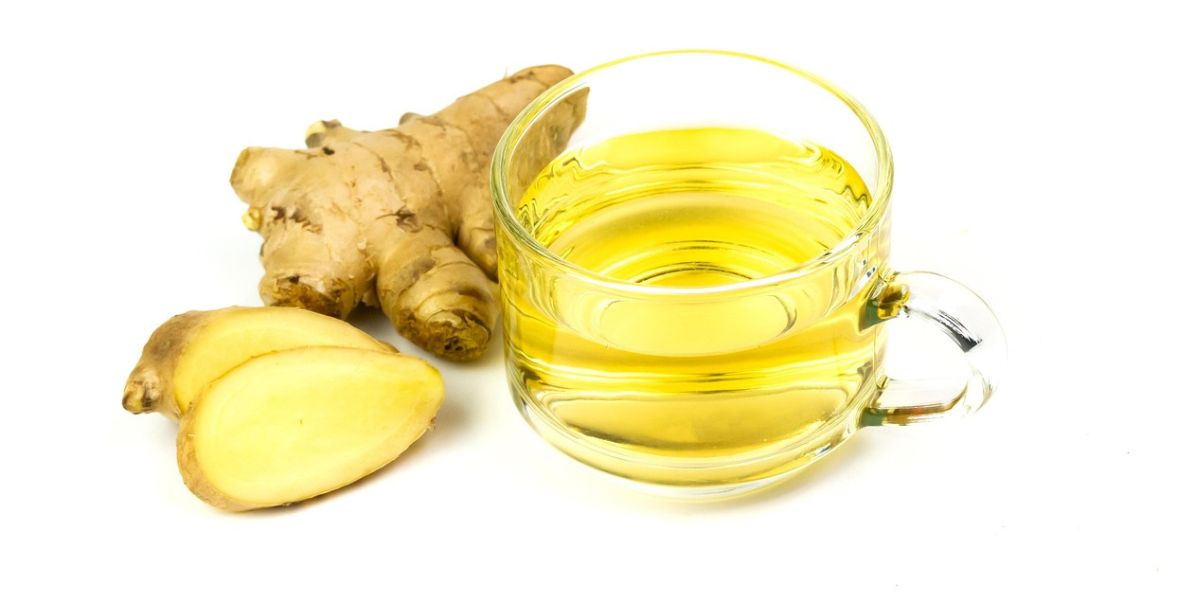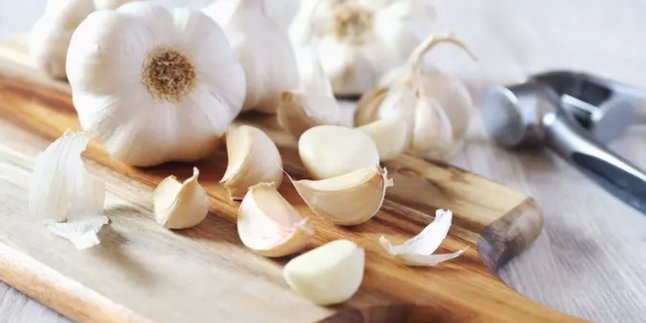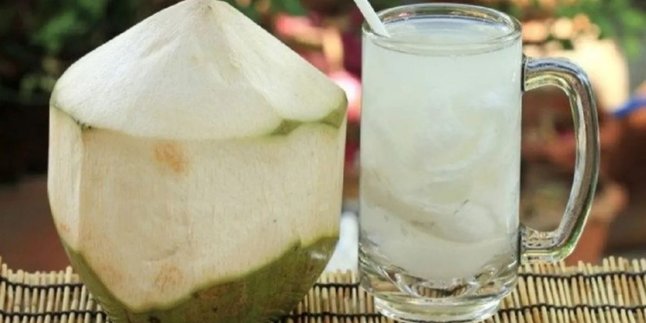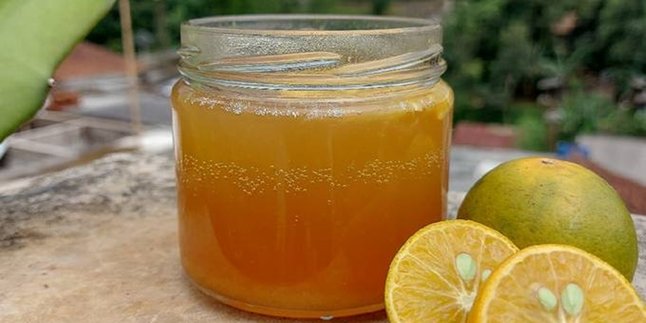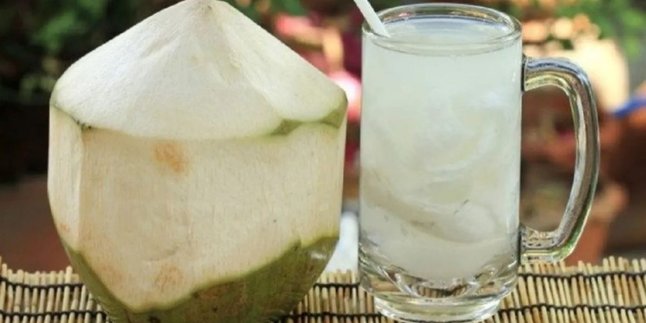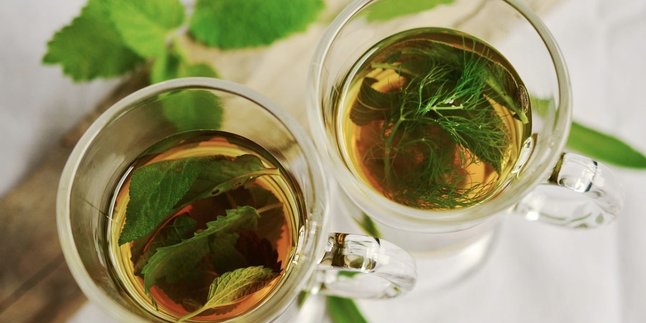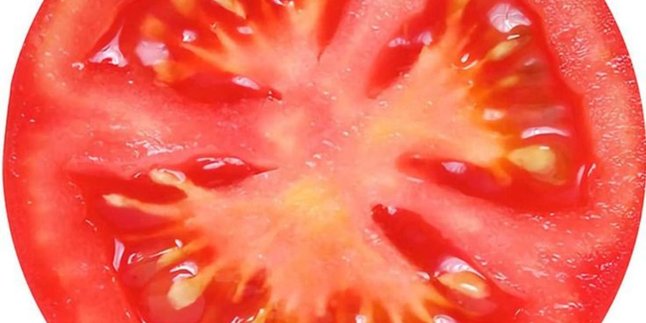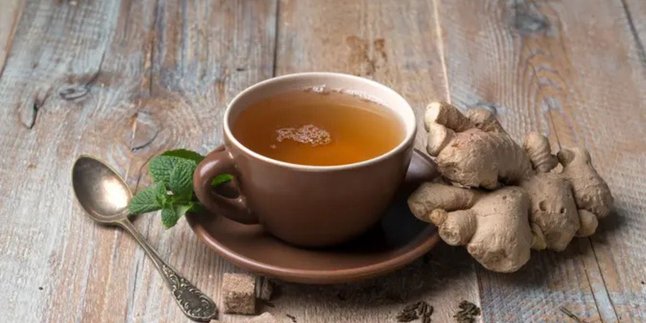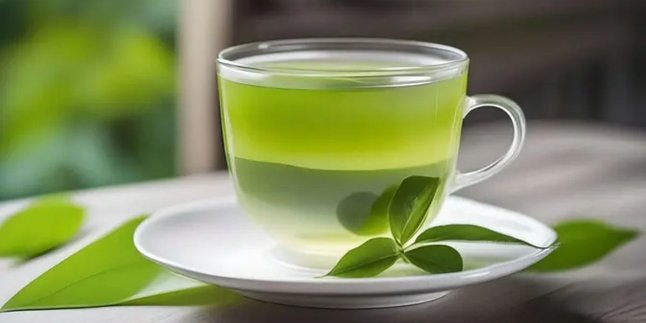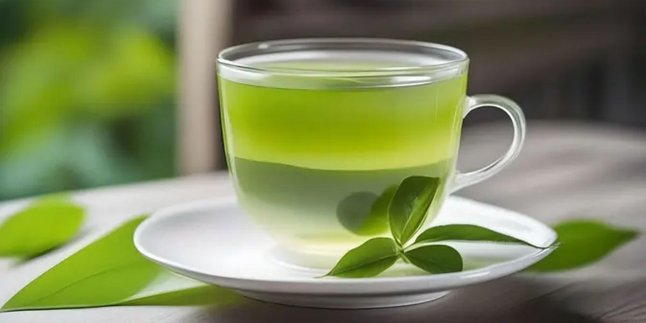Kapanlagi.com - High cholesterol often poses a serious threat to our health, triggering various problems such as heart disease and stroke. What causes it? An unhealthy lifestyle, such as consuming saturated fats, lack of fiber, and minimal physical activity. However, did you know that natural solutions for lowering cholesterol can be found in your own kitchen?
Recent research reveals that some kitchen spices we commonly use actually contain active compounds that can lower bad cholesterol (LDL) levels and maintain lipid balance in the blood. Some of these ingredients have even been used in traditional medicine for a long time.
There are several kitchen ingredients that can provide extraordinary benefits for our heart health, thanks to their antioxidant, anti-inflammatory, and phytochemical content. Let's explore more about how each of these ingredients works and how to consume them effectively for maximum benefits. Ready to make your kitchen a heart health hub? Let's get started!
1. Garlic: A Natural Weapon Against LDL Proven by Science
Garlic (Allium sativum) is more than just a kitchen spice; it is a health hero that holds a plethora of benefits, especially for our hearts. The allicin content found in garlic has been proven to effectively inhibit the formation of bad cholesterol (LDL) in the body. Various studies show that regularly consuming garlic supplements can lower total cholesterol and LDL levels by 10-15 percent. In the journal Medicine, it is explained that garlic is not only effective in lowering cholesterol but also naturally improves blood circulation. With over 100 identified phytochemical compounds, allicin becomes the main star in regulating lipid levels, making garlic a loyal companion for our heart health!
2. Ginger: A Fast-Acting Antioxidant on Cholesterol and Triglycerides
Ginger, the magical spice known for a long time, not only functions to warm the body but also holds a plethora of health benefits. With its content of antioxidant and anti-inflammatory compounds, ginger plays an important role in lowering total cholesterol and triglyceride levels. An interesting study published in 2018 revealed that consuming 5 grams of ginger powder daily for three months could reduce LDL levels by 17.4 percent in 60 patients with hyperlipidemia. This proves that the benefits of ginger are not just myths but have been scientifically tested. Besides being delicious when brewed into tea, ginger can also be processed into various everyday dishes, such as soups, stir-fries, or healthy smoothies, to keep our body's lipid health in top condition.
3. Cinnamon: The Antioxidant Spice That Smoothens Blood Flow
Cinnamon, a spice derived from the inner bark of the Cinnamomum tree, is not just a kitchen seasoning but also a treasure trove of impressive health benefits! With its strong antioxidant and antimicrobial effects, cinnamon can help address blockages in the vascular system, thereby supporting an increase in good cholesterol (HDL) levels and smooth blood flow. Not only that, this spice also plays a crucial role in lowering blood sugar levels and enhancing insulin sensitivity. A study published in the Journal of Clinical Lipidology showed that regular consumption of cinnamon supplements can significantly lower triglyceride and total cholesterol levels without disturbing the balance between HDL and LDL. So, get ready to make cinnamon your healthy companion!
4. Turmeric: Curcumin as an LDL Oxidation Fighter
Turmeric, the magical spice (Curcuma longa), holds amazing health secrets thanks to its active compound, curcumin, which is known for its extraordinary anti-inflammatory and antioxidant properties. Curcumin works by preventing LDL oxidation, a process that can lead to plaque buildup in the arteries and increase the risk of atherosclerosis. A study published in the Cleveland Clinic journal showed that consuming turmeric at a dose of 2.4 grams daily for four weeks can significantly lower LDL cholesterol levels and C-reactive protein, an inflammatory marker in the body. To incorporate it into your daily diet, you can add turmeric to curry dishes, soups, or enjoy a glass of healthful golden milk. If you prefer a more convenient option, curcumin is also available in supplement form, which is easily found in the market.
5. Fenugreek and Bird's Eye Chili: A Combination of Fiber and Circulation that Supports Heart Health
Fenugreek seeds, or klabet, are known as a superfood rich in fiber, capable of binding cholesterol in the intestines and preventing it from entering the bloodstream. Not only used as a spice, these seeds can also be served as a trending herbal tea. On the other hand, bird's eye chili, with its capsaicin content, functions to improve blood circulation and has the potential to lower LDL levels. Although direct research on bird's eye chili and cholesterol is still limited, many benefits for heart health have been proven. Combining these two ingredients in your diet is not just about lowering cholesterol, but also strengthening metabolism and boosting the immune system.
6. Frequently Asked Questions About Cholesterol and Spices:
Q: Can everyone consume these spices to lower cholesterol?
A: Generally safe to consume, but for individuals with certain conditions such as ulcers or liver disorders, it is advised to consult a doctor before regularly consuming them.
Q: How long does it usually take for cholesterol-lowering effects to become noticeable?
A: The effects vary depending on individual conditions. However, studies show significant results can be seen within 4–12 weeks of regular use.
Q: Is it enough to use just spices to lower cholesterol?
A: Not enough. Spice consumption should be supported by a healthy diet, exercise, and stress management for optimal results.
Q: Which is more effective, direct consumption or supplements?
A: Both can be effective, but supplements generally contain higher doses and require medical supervision.
(kpl/mni)
Disclaimer: This translation from Bahasa Indonesia to English has been generated by Artificial Intelligence.
